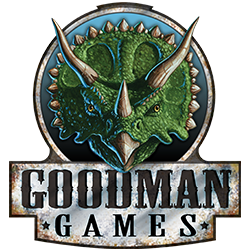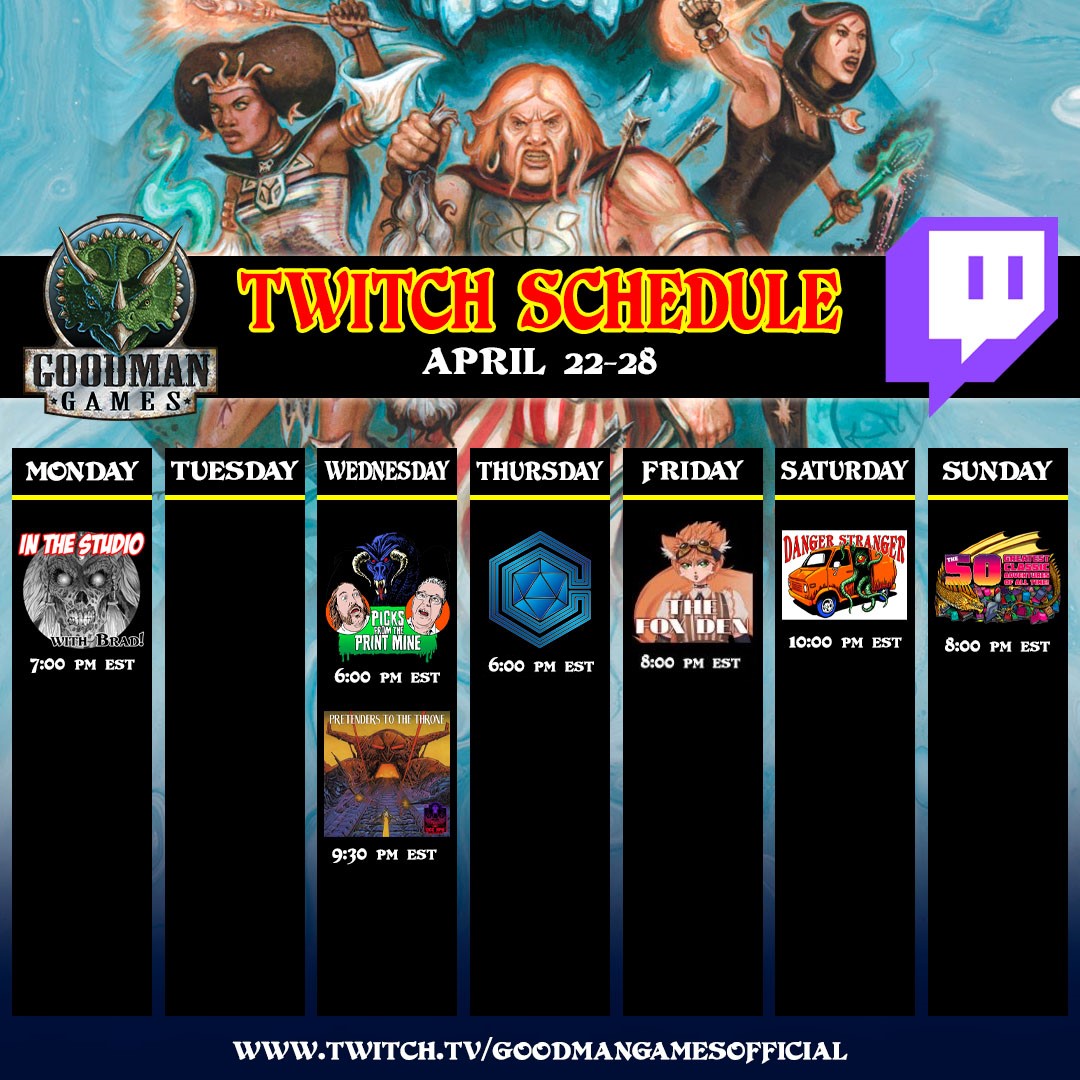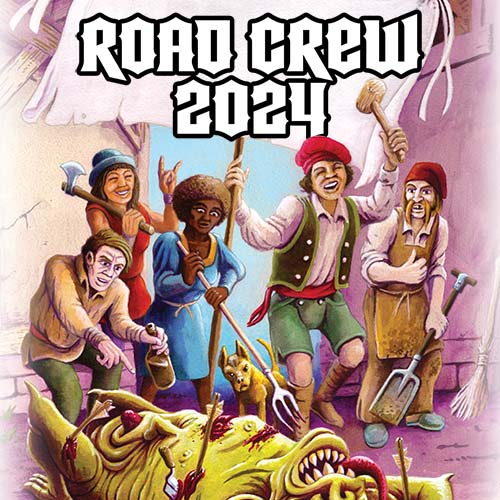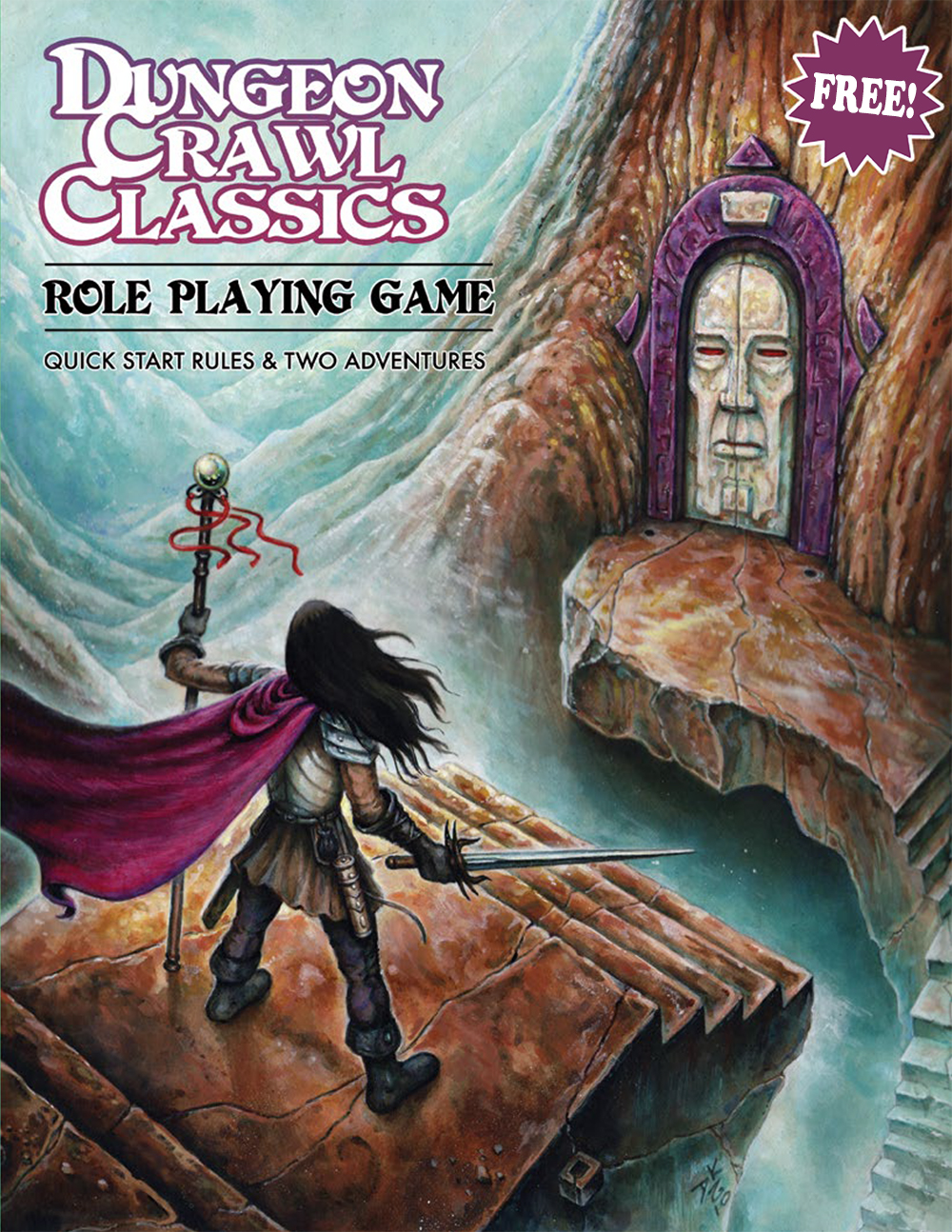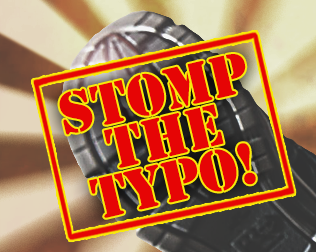A Hero Emerges: Young Thongor
by Fletcher Vredenburgh
I have an extreme hate-love-hate relationship with the work of Lin Carter. He was the Chun the Unavoidable of sword-and-sorcery, his efforts still coloring the genre he loved so much, even nearly thirty-five years after his death. His work as an author and probably the greatest promoter of sword-and-sorcery are things most of us can only aspire to, knowing full well we can never achieve his level of fantastic devotion. The Ballantine Adult Fantasy line, the five volumes of Flashing Swords! and many of the assorted anthologies he edited are still books every fantasy fan should own.
That said, few will ever aspire to his accomplishments as a writer. My initial encounter with Carter’s barbarian warrior, Thongor of Lemuria, in the novels, The Wizard of Lemuria (1965) and Thongor of Lemuria (1966) were not good times. I slogged through two books that together total 252 pages over the course of a week. The setting is a deliberate mashup of the Hyborian Age and Barsoom set in 1,000,000 BC on a lost continent in Pacific where dinosaurs still roam. All that alone should have made it a blast, but it wasn’t. They are two of the worst examples of sword-and-sorcery I’ve ever read, and I’ve read a lot of awful sword-and-sorcery.
Nonetheless, I didn’t abandon Carter altogether. Howard Andrew Jones spoke well of Kellory the Warlock and I was happy to discover it wasn’t just better than anything else of Carter’s I’d ever read; it was good. It showed how decent he was when not just aping the writers he most admired. Rereading my review of Kellory, I wasn’t surprised to see it invoked the most comments of anything I’ve ever written. Everyone, it seems, wants to love Carter far more than his fiction ever actually allowed them to.
This is a long-winded way to get to my thoughts on Young Thongor (2012), a collection of Carter’s short stories about his character (plus a revision and two original pastiches by Robert M. Price). Edited by Adrian Cole (no mean purveyor of sword-and-sorcery mayhem himself), I first read the collection when it came out and was incredibly surprised by how much I enjoyed it. There’s nary an original idea, thought, or sentence in the entire collection, but Carter’s enthusiasm and obvious enjoyment are tangible. In fact, Price’s stories, despite him being a pasticheur of the first order, were the least of the entries in the book.
The book opens with the serviceable song, “Diombar’s Song of the Last Battle,” which recounts the ancient war between Mankind and the terrible Dragon Kings. It’s immediately followed by “Black Hawk of Vakarth,” the story of teenage Thongor’s revenge against the Snow Bear tribe for wiping out his own Black Hawk tribe. Equipped with an ancient sword wielded against the Dragon Kings by his tribe’s founder, he succeeds with great efficiency and sets off in search of adventure.
“The City of the Jewel” finds Thongor entrapped in the pocket world inside a great gemstone of the death-averse sorcerer, Zazamanc. The sorcerer is one of the more memorable of Thongor’s opponents. From one of the many victims of his evil whims, we learn why he created his own world.
“Yet for all his learning and magical arts, he was a thing of flesh and blood, and death comes to all that live, no matter how steeped in power. Zazamanc brooded long over his impending mortality, and at length perceived a method whereby he might cheat Death itself and outlive the eons….he built a private universe where time could not come and Death did not exist nor could enter therein.”
Of course, Thongor’s appearance inside the wizard’s refuge is no accident, but the hand of fate is moving against him.
“Demon of the Snows” is especially good. On discovering the great fortress that guards a mountain pass has been left open and its inhabitant slaughtered in horrible ways, the young barbarian takes it upon himself to investigate the mystery. In addition to introducing Thongor to women and the ways of love, Carter makes a good effort at setting a legitimately spooky atmosphere.
For readers of the Lancer Conan anthologies, you probably remember “The Thing in the Crypt,” a pastiche by Carter. According to Price, Carter had planned to rewrite it as a Thongor story titled “The Creature in the Crypt” but never did. Price took it upon himself to do that and the result is fine if slight, as Thongor, chased by monsters hides in a cave and encounters dark, ancient magic.
In Price’s “The Mind Lords of Lemuria,” we find Thongor has made it to the civilized lands and entered the service of the Sark of Shembis, Arzang Pome. This story tries hard to be like Carter’s work, but it tries too hard, and instead of eagerness it’s exaggerated. There’s a mind-controlling polymorphous blob and super-science, but it all feels too mannered. Price turns it around in the next story, “Silver Shadows.” Despite having turned to banditry, Thongor finds himself again working for Arzang Pome, hunting for a missing treasure.
Carter really hit his stride with “Keeper of the Emerald Flame.” Thongor and his band’s depredations of Pome’s trade routes has forced them to flee when troops are dispatched to destroy them. Unfortunately, Thongor and company find themselves being stalked through a ruined city hunted by great evil. Again, there is an emphasis on atmosphere and color and the story is all the better for it.
“Now the rest of the mummy came into view, a hideous thing with a bony mahogany face that was a fleshless as a skull and to whose bald brow a few shreds of desiccated skin yet clung. The eye sockets were deep and hollow, mere black pits of shadow, but within them eyes blazed with cold, awful fires of malignant hatred.”
Eventually, just like Conan, Thongor ends up a pirate, captain of the Black Hawk. The final two stories, “Black Moonlight” and “Thieves of Zangabal,” are both solid tales full of swordplay, blood-soaked monsters, and a demon capable of taking any number of terrible shapes. Together, they’re a thoroughly satisfying conclusion to a fun throwback volume of seventies-style sword-and-sorcery. If Carter had aimed for the quality of these stories in the endless stream of novels he wrote they wouldn’t be so readily dismissible.
Carter wasn’t a writer for others to emulate in a stylistic sense. I doubt any of his fiction will survive beyond the memory of a handful of diehard fans and collectors. Still, he had the sort of love for sword-and-sorcery and complete heartfelt dedication I wish more writers of the genre had. If you doubt me, grab a copy of Young Thongor and see what I mean. You need more than heart to write, but without it, maybe you shouldn’t.
